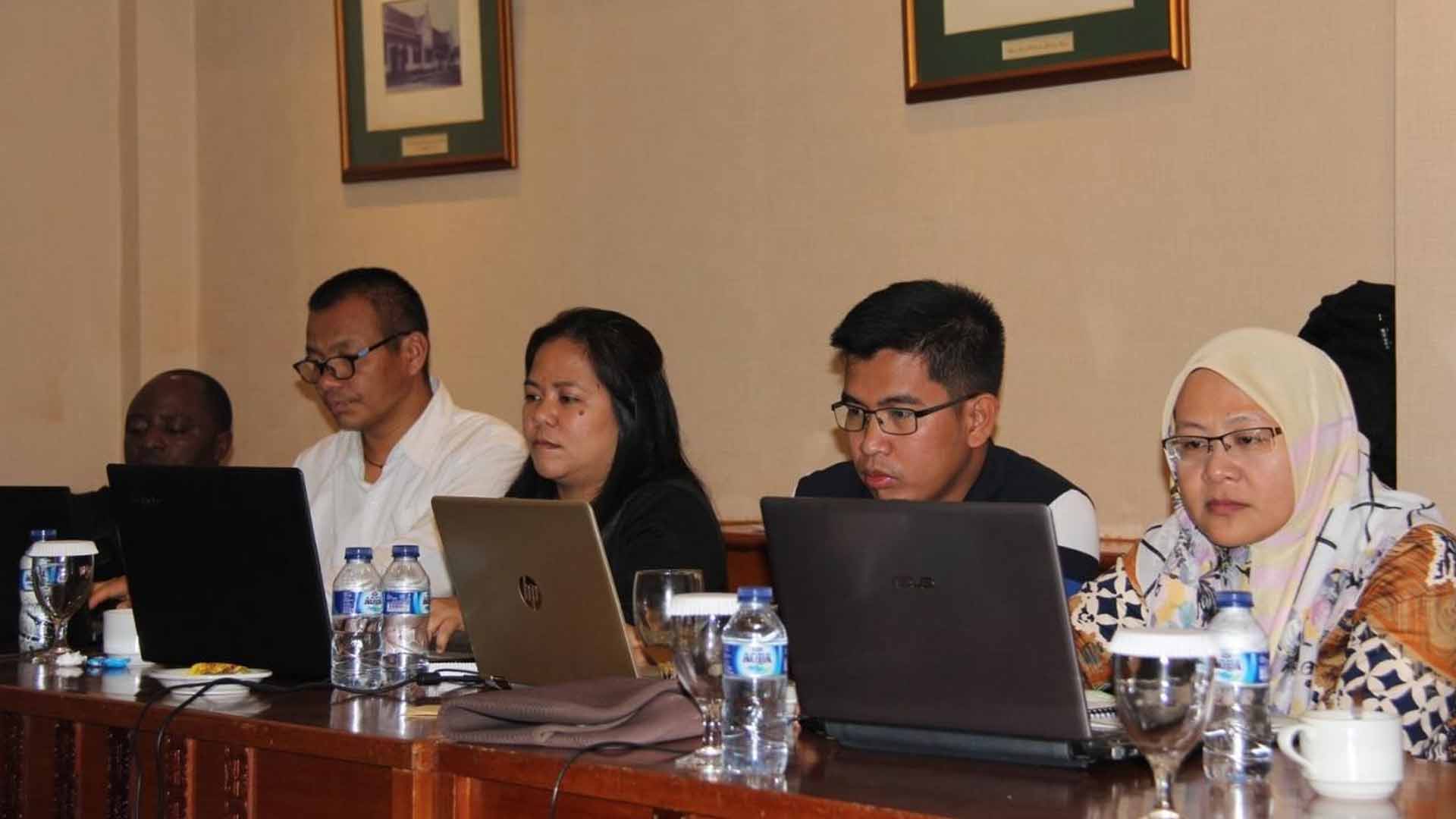Information on genetic makeup of Philippine rice varieties can now be accessed by breeders and researchers from different countries through the Global Information System (GLIS) portal of the International Treaty on Plant Genetic Resources for Food and Agriculture (ITPGRFA).
The ITPGRFA aims to facilitate the exchange of information on scientific, technical, and environmental matters related to plant genetic resources for food and agriculture based on existing information systems through GLIS.
“As of now, germplasm information of more than 3,000 Philippine rice varieties and their availability for breeding works can be accessed upon request through the GLIS Portal. This would help plant breeders to easily access up-to-date information of germplasm with desirable traits for varietal improvement programs,” Malvin Duldulao, Department of Agriculture-Philippine Rice Research Institute (DA-PhilRice) ICT specialist, said.
He added that GLIS implements Digital Object Identifiers (DOI), which allows the use of material to be tracked as these genetic resources are being shared, duplicated, and used among institutions.
DOI is a unique alpha-numeric string assigned by GLIS to identify rice accessions and facilitates the exchange of associated information across organizations.
“This is useful in monitoring the impact of our Genebank collections in research and breeding programs,” he said.
Duldulao said DA-PhilRice Genebank is among the first genebanks worldwide to implement the use of DOI through redesigning and upgrading its in-house Germplasm Management System database during a series of software training and hands-on experience thru a FAO-Benefit Sharing Fund funded project held at Bogor and Bali, Indonesia in 2019. This project is in collaboration with the Indonesian Center for Agricultural Biotechnology and Genetic Resource Research and Development and the International Rice Research Institute.







